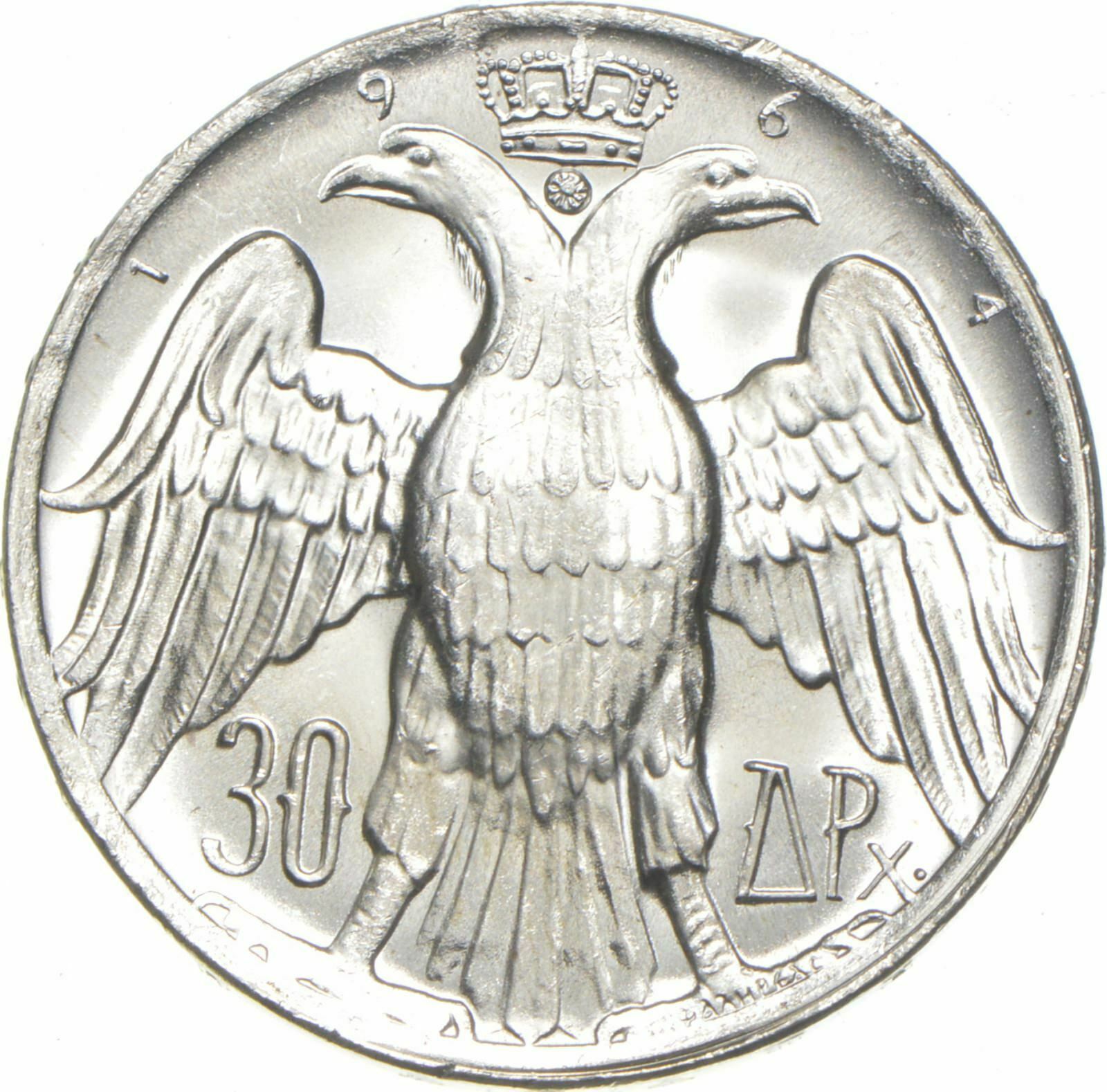-40%
No box- GOLD proof ¤ģ░’ĖÅ GREECE 200 Euro 2018 HERODOTUS ¤ģ░’ĖÅ GRECIA GRECE
$ 949.87
- Description
- Size Guide
Description
╬ō╬╣╬▒ ╬Ģ╬╗╬╗╬¼╬┤╬▒ ╬│╬»╬Į╬ĄŽä╬▒╬╣ ╬║╬▒╬╣ ╬▒╬ĮŽä╬╣╬║╬▒Žä╬▒╬▓╬┐╬╗╬«╬Ę ╬╝╬ĄŽä╬▒Žå╬┐Žü╬¼
╬Ę ╬║╬▒Žä╬¼╬Ė╬ĄŽā╬Ę Žā╬Ą ŽäŽü╬▒ŽĆ╬Ą╬Č╬╣╬║Žī ╬╗╬┐╬│╬▒Žü╬╣╬▒Žā╬╝Žī
╬Ę ŽĆ╬╗╬ĘŽüŽē╬╝╬« ╬╝╬Ą ╬╝╬ĄŽäŽü╬ĘŽä╬¼.
╬ĢŽĆ╬╣╬║╬┐╬╣╬ĮŽē╬Į╬«ŽāŽä╬Ą ╬│╬╣╬▒ ╬╗╬ĄŽĆŽä╬┐╬╝╬ŁŽü╬Ą╬╣╬ĄŽé.
GREECE 200 EURO 2018 HERODOTUS
Original Proof coin from the National bank of Greece.
1000 Coins Mintage.
GOLD 916,66ŌĆ░.
7,9881 Grams
22,10 mm Diameter
Comes with Certificate Of Authenticity (C.O.A.) and Original Box.
╬ź╬╗╬╣╬║Žī: ŽćŽüŽģŽāŽīŽé 916,66ŌĆ░ Au, 53ŌĆ░Ag, 30ŌĆ░Cu
╬Æ╬¼Žü╬┐Žé: 7,9881 gr
╬ö╬╣╬¼╬╝╬ĄŽäŽü╬┐Žé: 22,10 mm
╬£╬┐ŽüŽå╬« ŽāŽä╬ĄŽå╬¼╬Į╬ĘŽé: ╬╗╬Ą╬»╬▒
╬Ā╬┐ŽāŽīŽä╬ĘŽä╬▒: 1000 Žä╬Ą╬╝╬¼Žć╬╣╬▒
╬Ā╬┐╬╣ŽīŽä╬ĘŽä╬▒ ŽäŽŹŽĆŽēŽā╬ĘŽé: Proof
The item on the pictures is the one that you will receive.
Look carrefully and judge for your self for the quallity and the grade.
S&h is .90 for all the world.
Registered mail with international tracking number.
BID WITH CONFIDENCE.
.
SELLER with 100% POSITIVE FEEDBACK.
Herodotus
ß╝®ŽüŽī╬┤╬┐Žä╬┐Žé
A Roman copy (2nd century AD) of a Greek
bust
of Herodotus from the first half of the 4th century BC
Born
c.
484┬ĀBC
Halicarnassus
,
Caria
,
Asia Minor
,
Persian Empire
Died
c.
425┬ĀBC
(aged approximately 60)
Thurii
,
Calabria
or
Pella
,
Macedon
Occupation
Historian
Notable work
The Histories
Parent(s)
Lyxes (father)
Dryotus (mother)
Relatives
Theodorus (brother)
Panyassis
(uncle or cousin)
Herodotus
(
/
h
ɪ
╦ł
r
ɒ
d
ə
t
ə
s
/
;
Ancient Greek
:
ß╝®ŽüŽī╬┤╬┐Žä╬┐Žé
,
H─ōr├│dotos
,
Attic Greek
pronunciation:
[h╔ø╦É.r├│.do.tos]
;
c.
484
ŌĆō c.
425
BC) was an
ancient Greek
historian who was born in
Halicarnassus
in the
Persian Empire
(modern-day
Bodrum
,
Turkey
). He is known for having written the book
The Histories
(
Greek
: ß╝╣ŽāŽä╬┐Žü╬»╬▒╬╣
Histor├Łai
), a detailed record of his "inquiry" (
ß╝▒ŽāŽä╬┐Žü╬»╬▒
histor├Ła
) on the origins of the
Greco-Persian Wars
. He is widely considered to have been the first writer to have treated historical subjects using a method of systematic investigationŌĆöspecifically, by collecting his materials and then critically arranging them into an
historiographic
narrative. On account of this, he is often referred to as "
The Father of History
", a title first conferred on him by the first-century BC
Roman
orator
Cicero
.
[1]
Despite Herodotus's historical significance, little is known about his personal life. His
Histories
primarily deals with the lives of
Croesus
,
Cyrus
,
Cambyses
,
Smerdis
,
Darius
, and
Xerxes
and the battles of
Marathon
,
Thermopylae
,
Artemisium
,
Salamis
,
Plataea
, and
Mycale
; however, his many cultural,
ethnographical
, geographical,
historiographical
, and other digressions form a defining and essential part of the
Histories
and contain a wealth of information. Herodotus has been criticized for the fact that his book includes many obvious legends and fanciful accounts. Many authors, starting with the late fifth-century BC historian
Thucydides
, have accused him of making up stories for entertainment. However, Herodotus states that he is merely reporting what he has seen and been told, on several occasions saying that he does not himself believe the story that he reports. A sizable portion of the information he provides has since been confirmed by historians and archaeologists.












